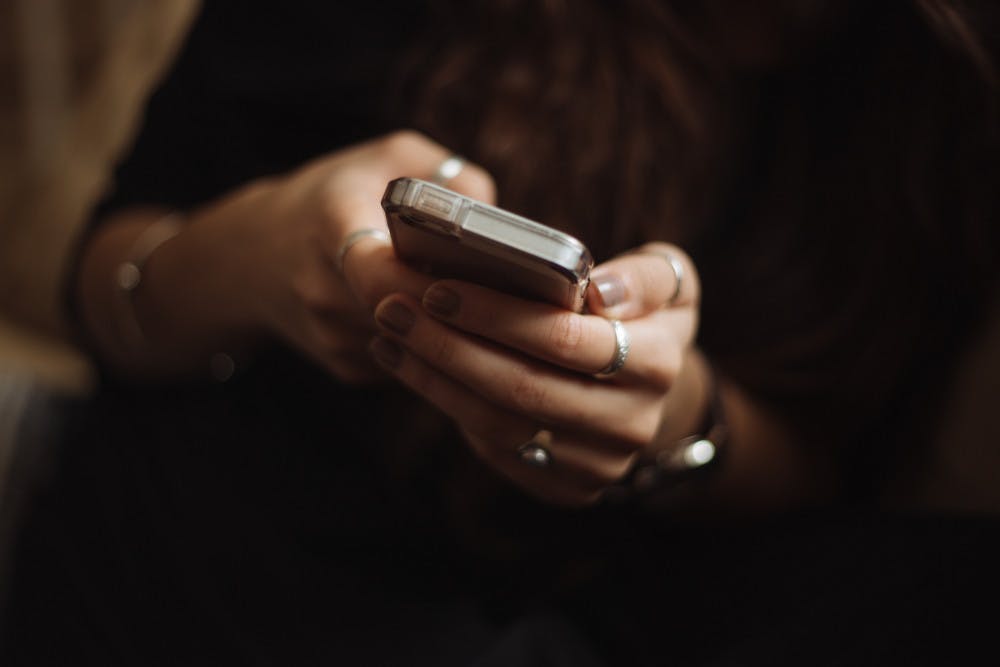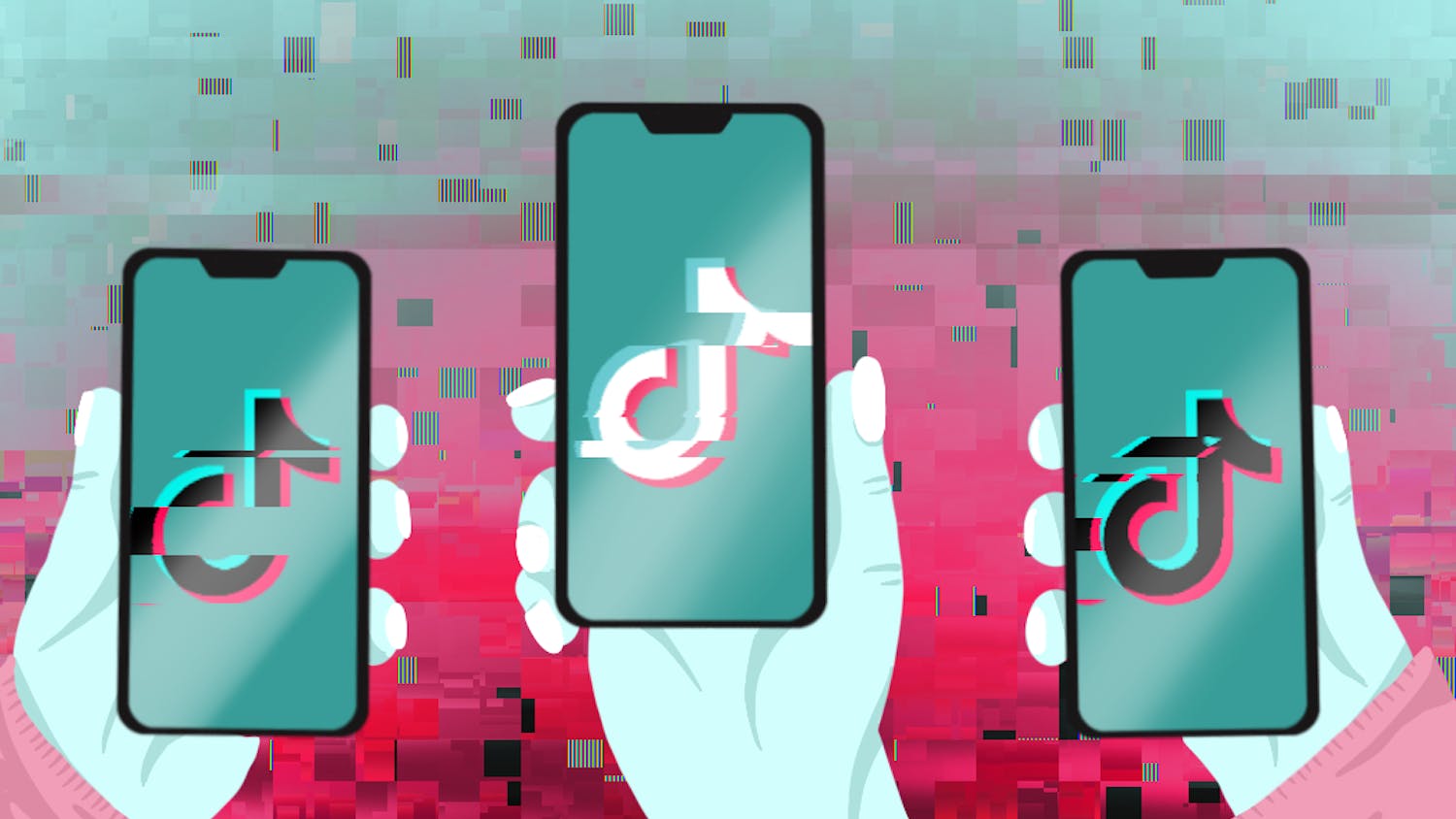We can’t argue against social media’s influence — in fact, we already made an argument stating how important it really is.
But we can’t help but notice its harmful effects.
Social media can be toxic. It may expose people to a wide variety of subjects they would otherwise be unaware of, but this can serve as a distraction for their own lives and responsibilities. Social media creates a false sense of reality about what your life should be like through what it promotes, and that isn’t healthy.
Instagram is trying to fix this problem. On Nov. 8, chief executive Adam Mosseri announced on Twitter that the company would be making likes invisible on select accounts’ posts in the U.S. within the following week. People will still be able to like content, but only the owner of the post will be able to see the total amount of people who liked their content. Of course, there was some backlash as many influencers were concerned about losing their source of income.
According to a study from HypeAuditor, in the countries that lost like visibility, influencers who had 5,000 to 20,000 followers lost 3 percent to 15 percent of their likes. Yes, it seems like not seeing the number of likes on a post decreases the number of likes in total, but is this actually significant?
Not only does the range of losses seem insignificant, but likes aren’t even the best way to measure someone’s influence. Anyone can buy likes, and 64 percent of influencers admitted to doing so in order to improve the appearance of their accounts. The more likes they have, the more it seems people like what they do or say. But likes aren’t the only thing affecting engagement. Comments and followers are essential too.
Both likes and comments are factored in calculating engagement. It’s simple math, but still way too complicated for something that doesn’t even have that much of an impact.
Most people only have an engagement rate of 2-3 percent on most of their posts, and anything in the double digits is considered to be viral. With such a low rate of engagement, it seems like we’re just begging for scraps from other people’s attention spans. No wonder we’re considered the loneliest generation.
Loneliness isn’t just an issue with people born in Gen Z. Almost half of all Americans sometimes or always feel lonely. Social media isn’t completely linked to loneliness, but research has shown that the more time you spend on social media, the lonelier you are likely to feel. Besides just making us feel bad, loneliness can negatively affect our mental health.
At this point, we all have to decide which is more important: fake internet points anyone can buy or our own self-worth and happiness.
The Editorial Board consists of Zora Viel, Opinions Editor; Amanda Rosa, Editor-in Chief; Kelly Hayes, Digital Managing Editor; and Tranelle Maner, Engagement Managing Editor.






